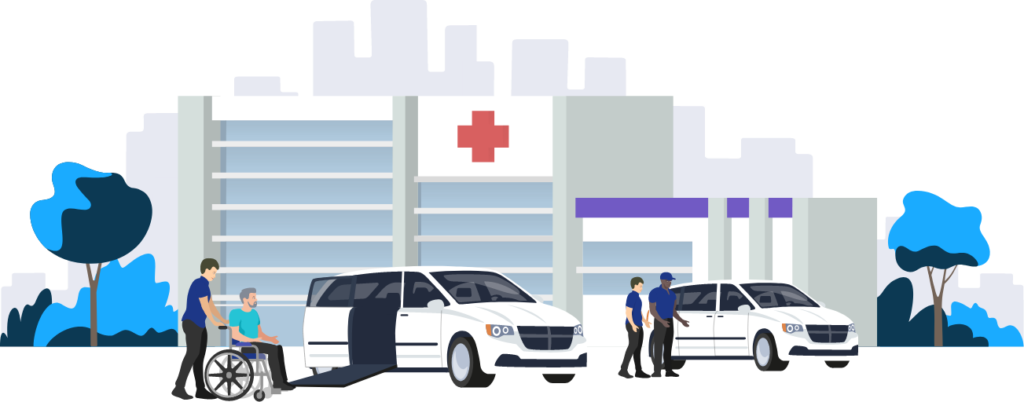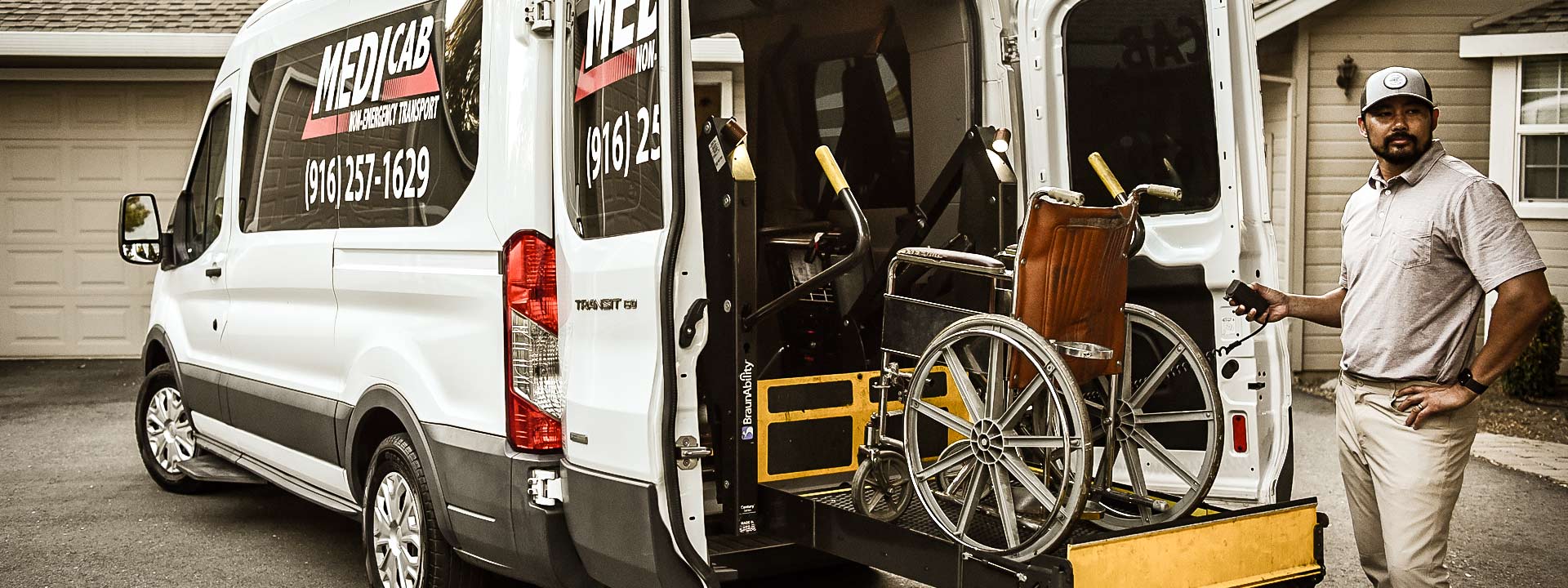Cost Effective and Accessible Medical Transport Options for Every Situation
In the realm of medical care, the capability to accessibility medical services is extremely important, yet the difficulty of budget friendly and accessible transportation can usually impede people from obtaining essential treatment. By exploring specialized clinical transportation solutions, community transport programs, ride-sharing and taxi solutions, non-emergency medical transport, as well as public transit and paratransit alternatives, people can locate methods that provide to their particular demands and guarantee they receive the care they require.
Specialized Medical Transport Services
Specialized medical transportation solutions play a crucial role in guaranteeing risk-free and efficient transport for individuals requiring specialized care during transit. These solutions satisfy people with unique medical needs, such as those requiring constant monitoring, specialized tools, or clinical interventions during transportation. By using specially equipped cars and trained clinical personnel, specialized medical transport services make certain that patients get the needed treatment while being carried in between health care centers, homes, or various other areas.
One secret element of specific medical transportation solutions is the emphasis on person comfort and safety. Medical transport groups are educated to take care of various clinical problems and emergencies that might arise during transportation, providing a greater level of treatment than typical transportation alternatives. Additionally, these services usually supply door-to-door aid, reducing the tension and discomfort that people may experience throughout transfers.
Neighborhood Transport Programs
Having attended to the essential role of specialized clinical transport services in making certain risk-free and reliable transport for individuals with special clinical demands, the focus currently changes to taking a look at Community Transportation Programs - medical transportation. These programs play an important duty in giving cost effective and accessible transport services for the general populace, including senior citizens, people with impairments, and low-income families who might encounter difficulties in accessing standard transport choices
Area Transportation Programs incorporate a variety of services such as fixed-route buses, paratransit services, volunteer driver programs, and ridesharing campaigns. These programs are usually subsidized by city governments, charitable companies, or personal business to make sure that individuals have reliable transport choices to reach clinical appointments, food store, social activities, and other essential locations.
Ride-Sharing and Taxi Solutions

Among the key advantages of ride-sharing and taxi solutions is their access. These services operate 24/7, enabling people to take a trip to medical appointments, drug stores, or health centers at any moment of the day. In addition, ride-sharing and taxi solutions provide to people with wheelchair challenges by supplying wheelchair-accessible vehicles upon demand.
Furthermore, ride-sharing and taxi solutions can be particularly valuable for individuals residing in areas with minimal public transportation options. By linking the void in between home and healthcare facilities, these solutions play a vital function in making certain that everyone has access to vital medical solutions.
Non-Emergency Medical Transportation

Non-Emergency Medical Transportation providers typically use skilled personnel that are experienced in helping people with varying clinical requirements (medical transportation). These professionals make sure that clients are securely carried to their locations in a timely fashion, dealing with any type of particular needs or medical tools required throughout the trip. By providing door-to-door solution, Non-Emergency Medical Transportation enhances the general accessibility of health care for people that might otherwise have a hard time to go to crucial medical visits. Generally, these solutions add considerably to enhancing medical care outcomes by helping with the seamless transportation of clients to non-urgent clinical facilities.
Public Transportation and Paratransit Options
Public transportation and paratransit alternatives use essential transportation solutions for individuals with learn the facts here now differing wheelchair demands, ensuring accessibility to vital destinations such as clinical centers and appointments. Public transportation systems, including buses, trains, and trains, offer an affordable and extensively readily available setting of transport for people seeking to get to clinical visits. These solutions are specifically beneficial for those that might not have accessibility to personal vehicles or call for support as a result of movement obstacles.
Paratransit solutions cater especially to individuals with specials needs that are unable to utilize typical public transport. These solutions supply door-to-door transportation, fitting he said people with mobility devices, pedestrians, or various other movement aids. Paratransit automobiles are outfitted with features such as wheelchair ramps and securement systems to make sure the secure and comfortable transportation of travelers with differing mobility needs.

Conclusion
